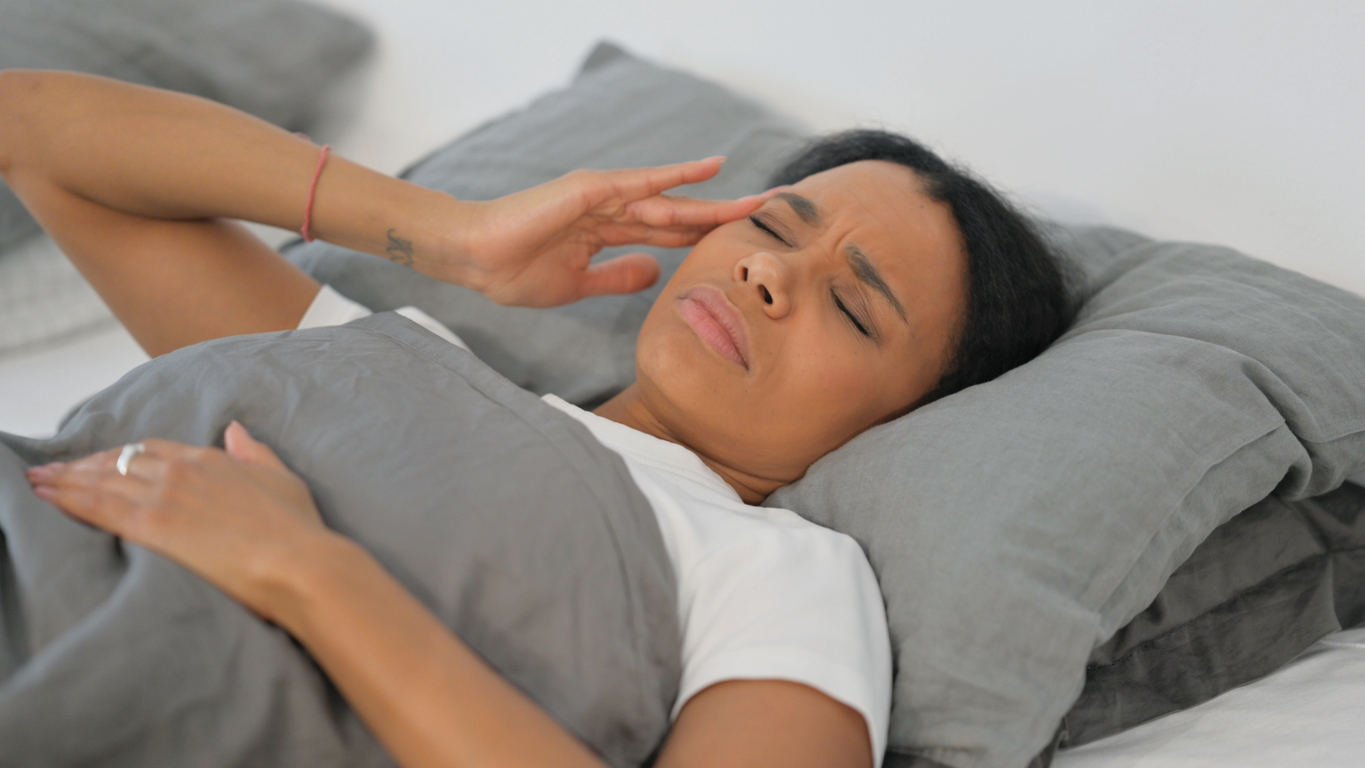Top Ten Tips on Managing Cedar Season Allergies
Dr. Allen K Lieberman of Austin Family Allergy & Asthma, are both Board Certified Allergy Doctors, located in Austin, Texas. Cedar allergies can be brutal and are sometimes mistaken for the common cold or flu. Cedar season typically begins in January in Central Texas. Aside from making an appointment for a screening with one of our physicians to see if you have cedar allergies, as well as getting on an allergy protocol that will help you kick off the new year in a much more pleasant way, there are a few things you should and maybe shouldn’t do.
Here are the Top Ten Tips on Managing Cedar Season Allergies:
- Wash Your Hair. Wash your hair before bedtime to rinse out any cedar pollen. In this way, you won’t exacerbate your cedar allergies while you sleep.
- Rinse Your Nose. We recommend rinsing your nose with a saline rinse, which can be done often throughout the day. Or, at the very least, at bedtime. We like NeilMed Sinus Rinse. Always use distilled water when mixing the saline solution. Plus, we recommend warming up the water for just a few seconds in the microwave. The rinse will help wash cedar pollen out of your nasal passages, and also keep the nasal membranes moist and functioning properly. Your daily shower may help clear nasal passages as well, but a saline rinse can’t be beat.
- Watch the Weather and Pollen Count. Keep your eye on the weather forecast, pollen counts and plan your day accordingly. A dry, windy day usually means high pollen counts, which might be a be a better day for an indoor activity such as a watching movie, or a workout at the gym. Fog and rain help to reduce pollen levels in the air, which would provide better conditions for a jog around our beautiful Lady Bird Lake, in Austin.
- Keep Windows Closed. Don’t be tempted to open your windows in order to enjoy a cool comfortable night. You will pay for it in the morning.
- Get Out of Town. Plan your out of town trips during the month of January. Even taking a three-day weekend as near as Dallas, or even going to Houston, can provide significant relief if you suffer from cedar season allergies.
- Keep Up with Medications. Take your medications early and often, as they work best when starting them before the season begins– and your allergies get worse. Use medications daily throughout the season. Starting and stopping medications and chasing pollen levels is less effective. If you wait to start your medications when your symptoms are closing in on the “miserable level,” and the cedar count is at 10,000, you’ve waited until it’s too late.
- Control Your Asthma. Stay on your daily asthma medications for best control.
- Don’t Cut down the Cedars. It may feel good to take an ax or chainsaw to the trees but it absolutely will not change the overall cedar count, as the pollen is wind borne for miles and miles.
- Eating Local Honey Won’t Work. Cedar is a light pollen and carried around by the wind–not bees or other flying insects.
- Eat Tortilla Soup. It Might Work. Eating hot tortilla soup is a popular folklore remedy around central Texas. The steam and humidity would likely be helpful with symptoms of the moment, similar to when you eat chicken soup. But, sorry to say, it won’t help in the long run.
For comprehensive allergy care, including cedar season allergies, cedar fever, hay fever, asthma, and environmental or food allergies, consider reaching out to Austin Family Allergy & Asthma. Same day or next day appointments are available. Call to schedule your appointment today at 512-346-7936. ¡Sí, hablamos español!




